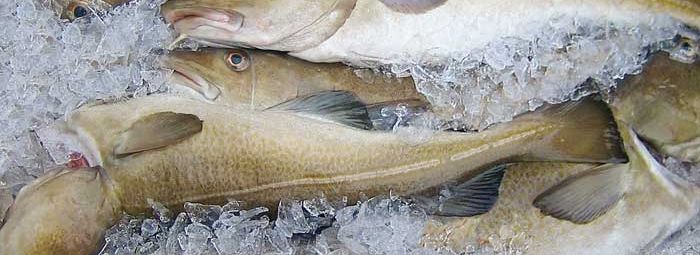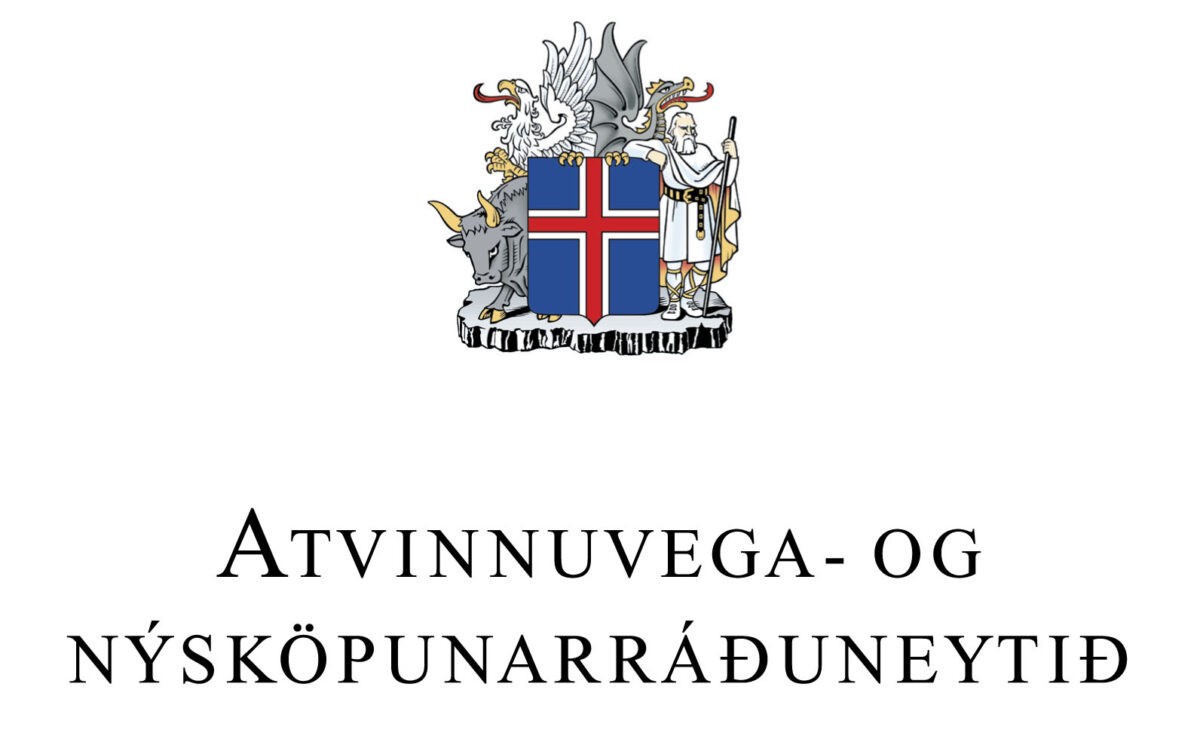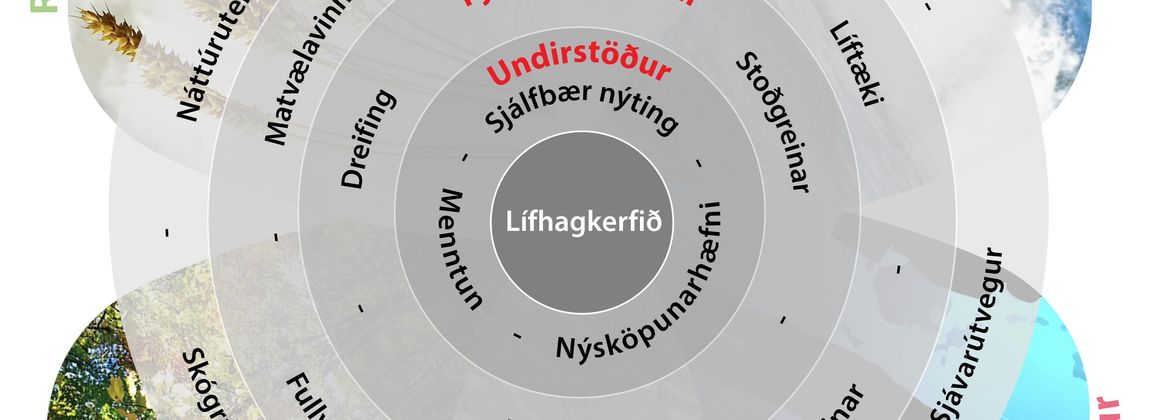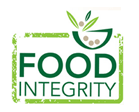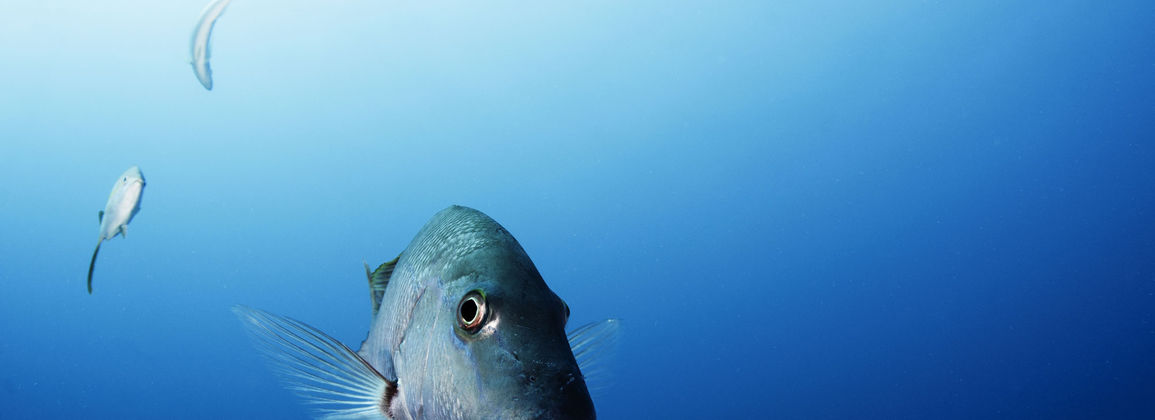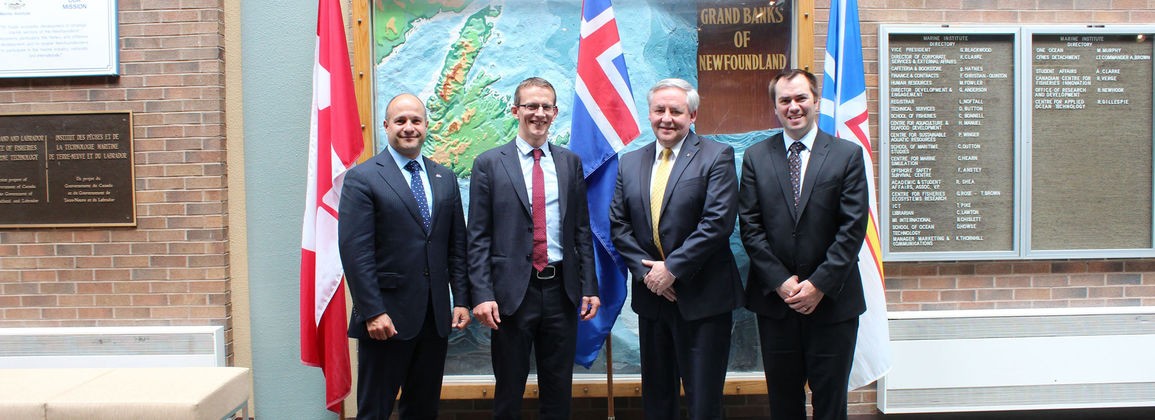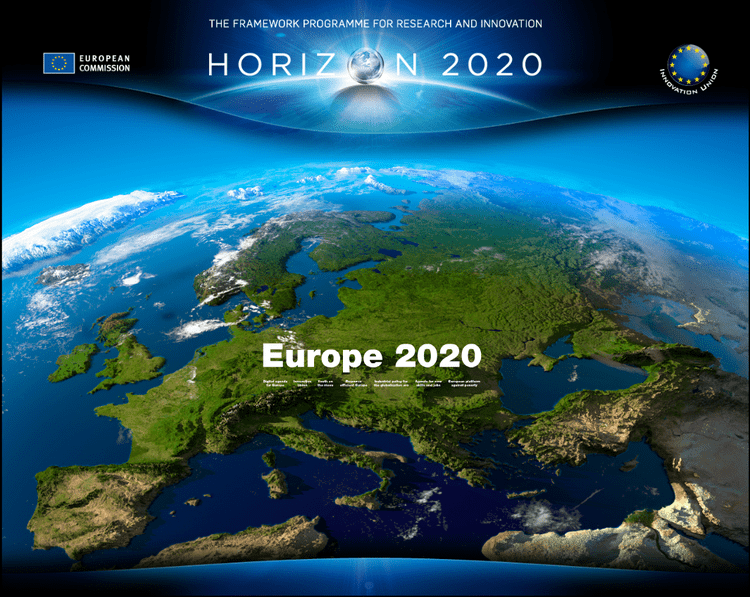Cooling is important all year round, but especially important during the summer months.
The cold month of June is behind us in this country, the public is hoping for a good summer in Iceland. In Europe it is now somewhat warmer than is generally the case, even at this time of year. In continental Europe, for example, it was recently expected temperature could exceed 40 ° C including in some of the main market areas of Icelandic seafood, as was the case. Although not as dire consequences are expected, in France this summer, and of the heat wave of 2003, it is still more correct to have waded below.
As before, quality catch management is particularly important, it matters cooling raw material matter. Importance cooling does not end even when landed. It is important to protect fish from deteriorating quality, especially those that are to be sold fresh or frozen from possible heat stress, in treatment fishermen, fish processors, carrier and seljenda. As before, handling, cooling, etc. on board is important, the qualities that may be lost on board are not restored ashore.
Insulating packaging is suitable for protecting food from heat stress. Packaging does not cool product. Refrigerants that accompany, for example, fresh / chilled food into the packaging are placed in the packaging to maintain the cold temperature of the product. It is important that the food is in the condition it should be when it is packed. That the frozen product is frozen at the specified temperature and the core temperature is according to definition and that chilled fresh foods are cold. The packaging of a product must take into account the conditions in the product's environment at any given time. If fresh fillets or fillets are to be transported to mainland Europe this summer, it is more important than ever this winter to ensure that the product is cooled and that adequate protection against heat stress is ensured. The quality of fish that is extracted from the sea is neither eternal nor final, it is the task of everyone who comes to preserve the quality as best as possible with careful and purposeful cooling, prevent them from being lost unnecessarily and promote their final arrival. consumers.
Cooling is important all year round, but especially important during the summer months. The name Iceland does not provide insurance to parties in the Icelandic fishing industry against heat stress. High-quality work methods for everyone, such as purposeful cooling, facilitate all marketing work permanently.

